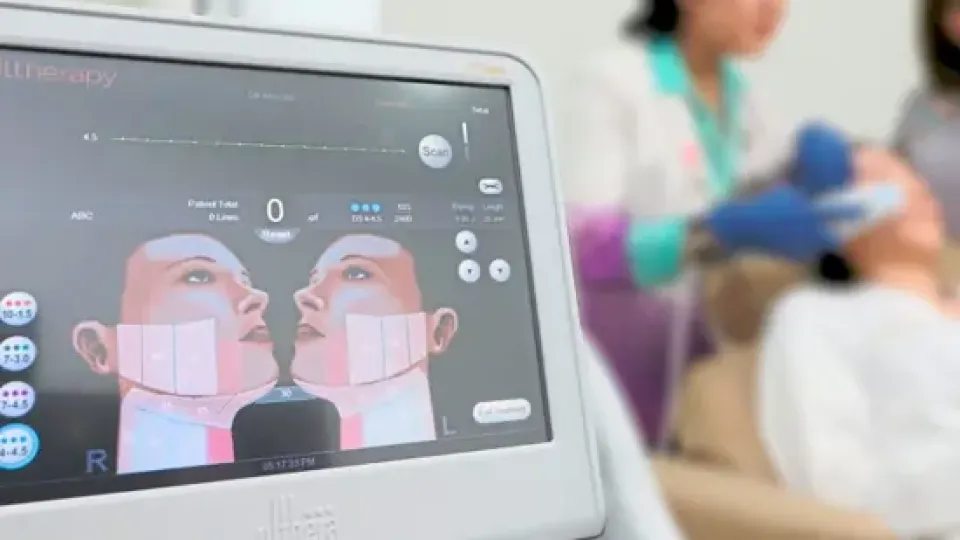July 18, 2025
GEORGE TOWN – Penang’s healthcare travel may face challenges with the 6% service tax on foreign patients and the weakening Indonesian rupiah.
Penang health committee chairman Daniel Gooi said with over 90% of Penang’s healthcare travellers coming from Indonesia, the impact could be significant.
“Given the depreciation of the Indonesian currency, many may begin to feel the pinch.
“Combined with the 6% service tax effective July 1, this can impact the number of foreign patients seeking private healthcare here.”
On July 1, the Federal Government expanded the coverage of the sales and service tax. This 6% medical service tax applies only to foreigners seeking private healthcare here.
In November last year, Malaysia Healthcare Travel Council (MHTC) reported that Malaysia saw 584,468 healthcare travellers arriving in the first six months of 2024.
In the council’s June 17 report this year: “Malaysia Healthcare Travel Industry – 2024 Performance Highlights”, it noted that Penang hit a record by generating over RM1bil in healthcare travel revenue, adding to the national healthcare travel revenue of RM2.72bil.
The council also said that Indonesians remain the largest group of healthcare travellers to Malaysia.
Despite the expected slowdown, Gooi said Malaysia, particularly Penang, remains a key player in cross-border private healthcare.
“Malaysia offers world-class healthcare at affordable prices. Penang continues to attract foreign patients, especially from Indonesia, due to its high standards and close proximity.”
The exchange rate on Thursday was RM1 to 3,844.67 Indonesian rupiah compared RM1 to 3,448.28 rupiah during the same period last year.
Gooi added that affordability remains a major draw.
He saw potential for growth with more direct international flights, particularly from China.
“More work needs to be done to promote private healthcare in Penang.
“We will collaborate closely with our private healthcare professionals to find new ways to attract more international patients.
“While it is still early to assess the impact, since the tax was only recently imposed, we will monitor the situation closely,” he said
Gooi also said that during a recent meeting with Health Minister Datuk Seri Dr Dzulkefly Ahmad and state health excos, he proposed that the Federal Government consider remitting a portion of the 6% service tax to the states generating the revenue.
“I urged the ministry to consider channelling funds to states like Penang, which have worked hard to build up their healthcare travel sector.
“Almost half of the country’s foreign healthcare travel revenue comes from Penang.”
Gooi added that the funds could be used to improve Penang’s public healthcare facilities and infrastructure, which contribute to the convenience of healthcare travellers from abroad.
“It will help keep us as a regional leader if the tax revenue is channelled back to us in some way,” he said.

